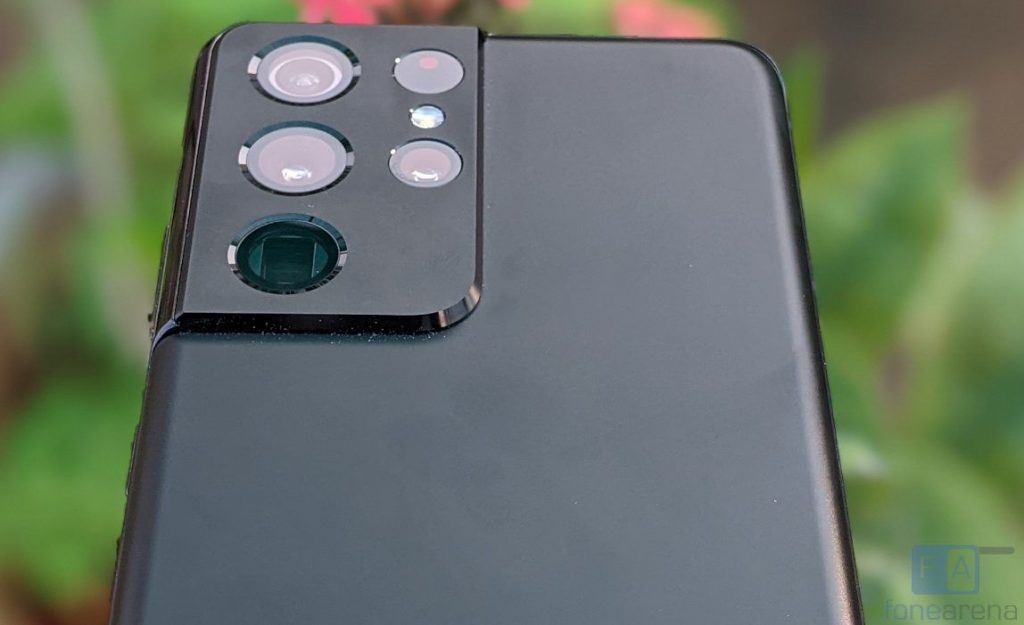
Galaxy S21 Ultra is the latest premium flagship offering from Samsung. Samsung is known for its flagship phone camera capabilities and the S21 ultra’s setup has taken it further high in expectations. The S20 Ultra on the other hand was one that came out with more hype and failed to keep up. From the initial time, we spent with S21 Ultra we can understand that Samsung was clear about their errors with S20 Ultra and came up with a solution in the name of S21 Ultra.
Camera Specifications
- 108MP rear camera with ISOCELL HM3 sensor, LED Flash, OIS, f/1.8 aperture
- 12MP 120° Ultra Wide sensor with f/2.2 aperture
- 10MP Telephoto lens for 3x zoom, OIS
- 10MP Periscope lens for 10x zoom, 100x Space Zoom
- Laser autofocus sensor
With S21 Ultra, Samsung has addressed several issues that persisted on the S20 Ultra including, focus issues with a dedicated laser auto-focus sensor. As expected, the daylight shots were excellent, with a near-natural color tone to them. Focusing was quick most of the time. In the case of macro photos, The wide-angle sensor will kick in. Macro shots can be made closer than usual.
In terms of zooming capabilities, the output looks sharp and detailed till 30X, and anything beyond 70X looks kind of washed out and blurry. At max, you can go up to 100X using the buttons that appear on the sides. Most of the zoomed images are better than what we saw in the Galaxy S20 Ultra.
The 108MP mode, which for some unknown reasons kept in the aspect ratio bar, offers plenty of details. The ultra-wide camera is good as well and maintained the same color profile as other cameras.
As expected, the low-light performance was good. It manages to pick up and retain the detail, White balancing is good compared to the previous generation, color saturation is better too. The Night mode kicks in the pseudo-long exposures and brightens the darker areas, but in the right way.
The front camera, on the other hand, takes good selfies during the daytime and passable ones at night. There are options for individual and group selfies as well. The portrait photos (Live Focus mode) comes out very well most of the time but occasionally leaves focus alongside the border of the subject.
Check out the camera samples below:
Primary Sensor
Ultra Wide
Macro Samples
Macro through Ultra-Wide is way better than having 2MP or 5MP macro sensor.
Selfie Samples
Selfie Portrait Samples
Rear camera portrait
Samsung’s portraits are one of the best in the smartphone industry. Back in 2017 I was very much impressed by the way Note 8 live focus outputs were. Samsung has taken it to the next level.
Animal and object portraits
even at moderate lit conditions portraits via S21 Ultra were good.
3x Telephoto Optical
10x Optical Periscope
This mode helps to create true portraits and candid shots
Zoom Capabilities
LowLight Samples
Pro Mode
For astrophotography pro mode is better than dedicated night mode.
Moon at 30x and 100x
This shows how good white balancing is based on situation
Panorama
Very good stitching and accuracy. Dynamic range was better with Ultra-wide sensor’s output.
Single Take photo samples
Single take is a short video mode to capture the moment in different possible outputs. This mode results in Collage, Portrait, Black and White, Gif and more
Video Samples
On the video front, the Samsung Galaxy S21 Ultra can record 8K@24fps, 4K@60fps, 1080@60fps, and 720@30fps. There is a Pro Video mode that lets you control various aspects of the device including ISO, Aperture, Focus, White Balance, and others. Samsung has added support for an external Bluetooth mic for recording audio during video shoots.
Rear FHD Auto video sample
Rear 8K24fps video sample
Front 4k60 video sample
We will bring you the complete review of the phone soon.




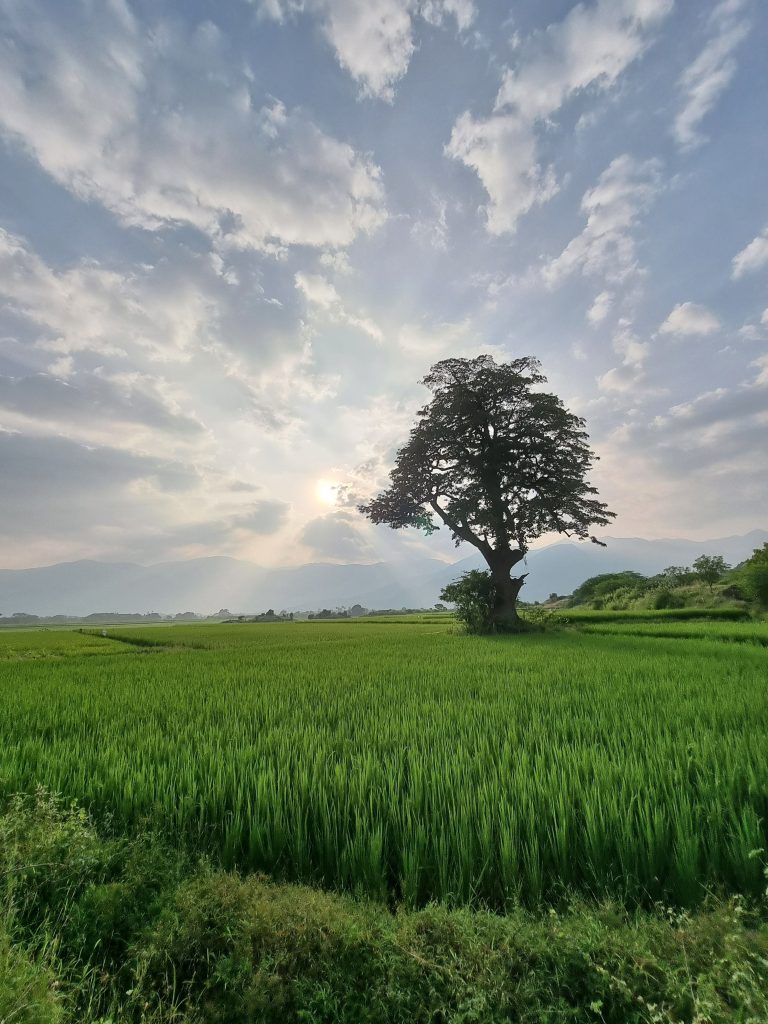



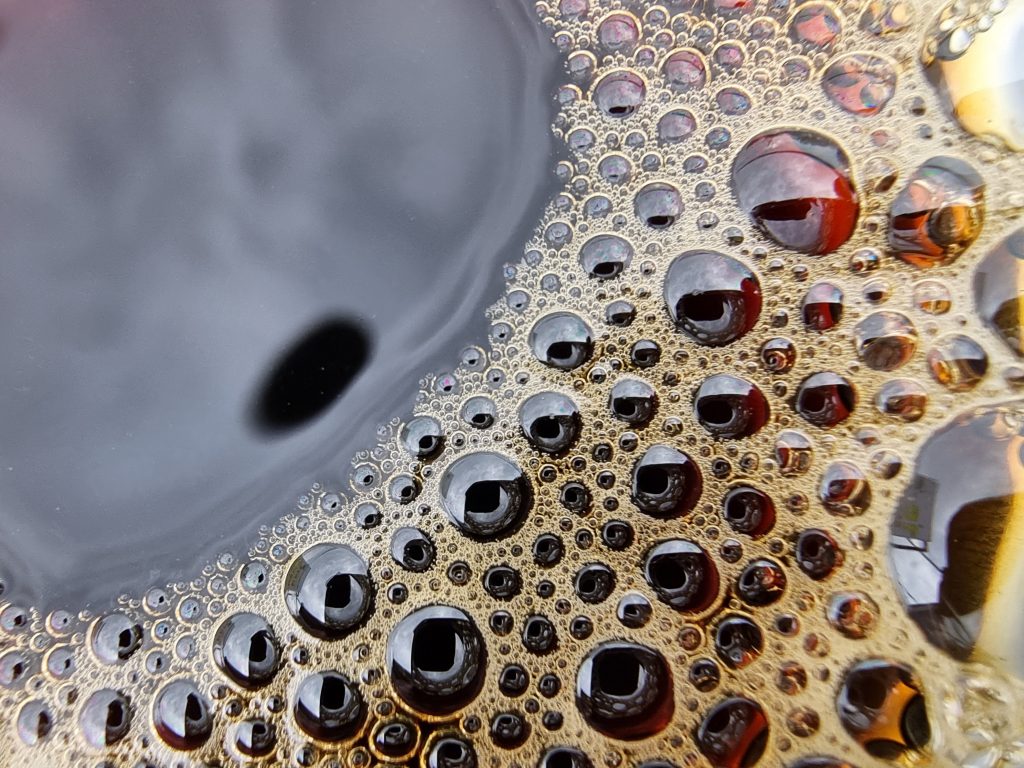













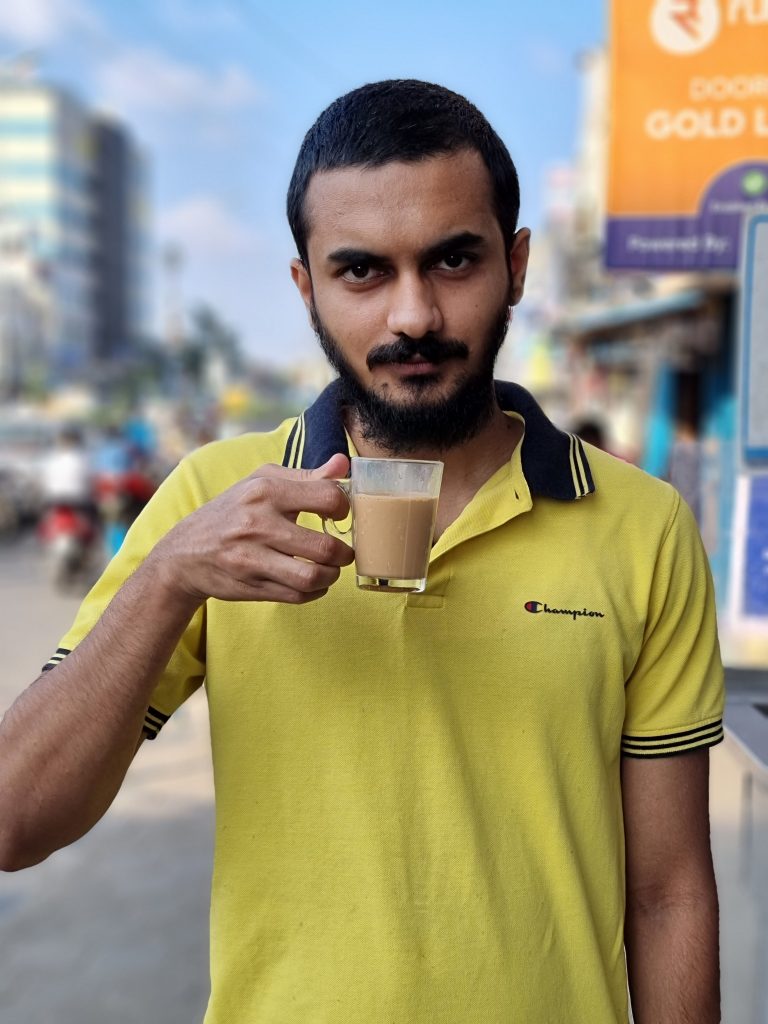
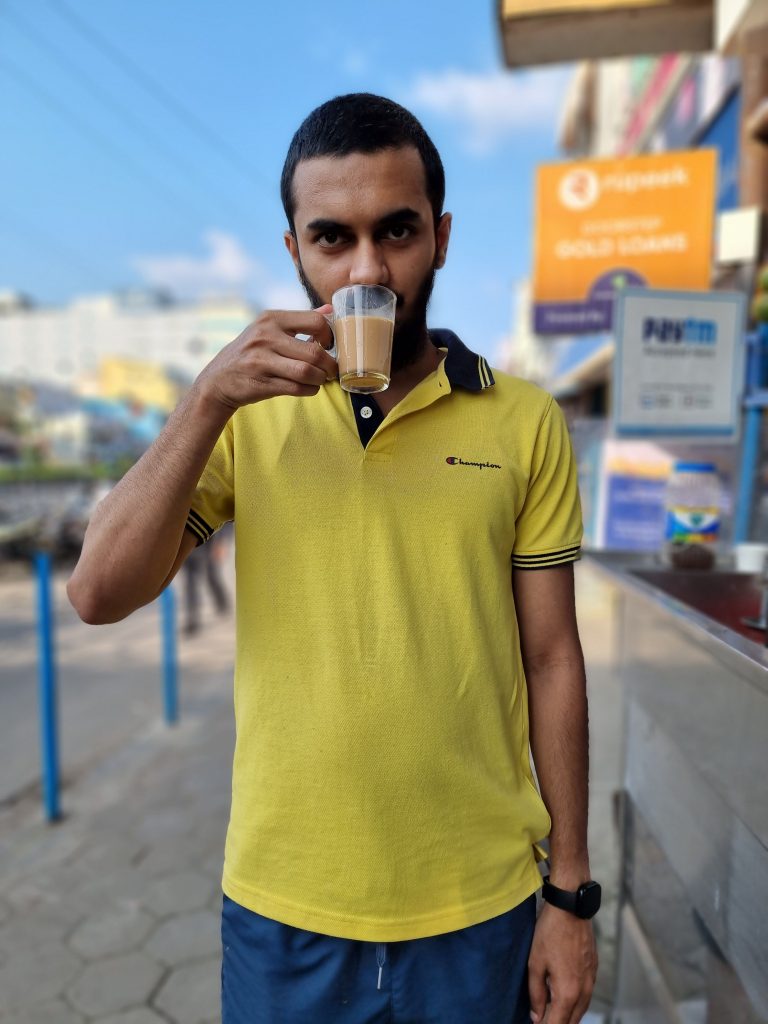

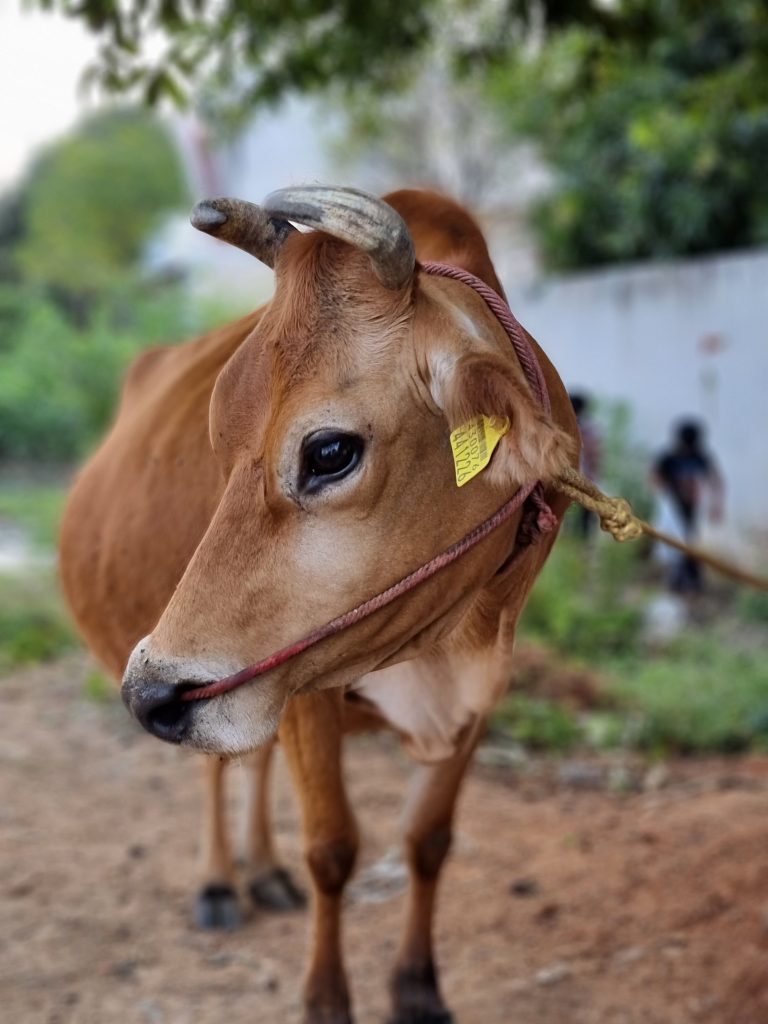
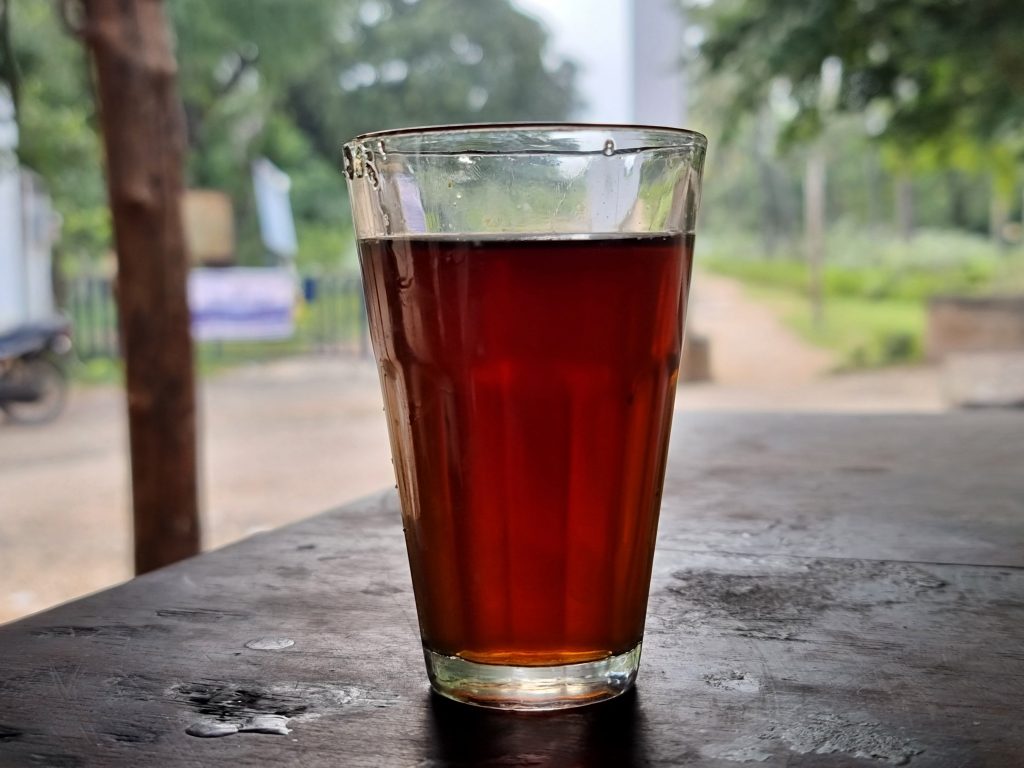
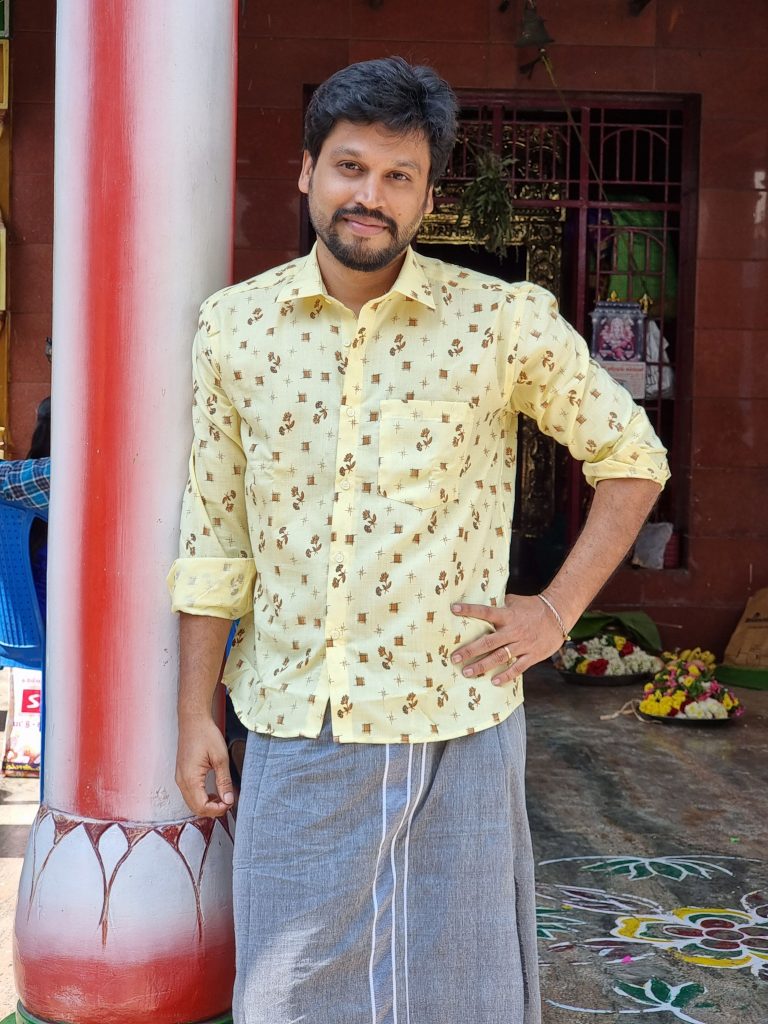




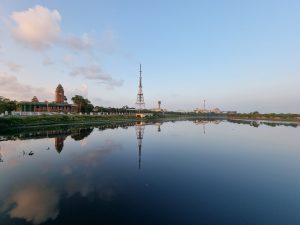
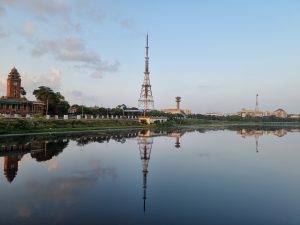
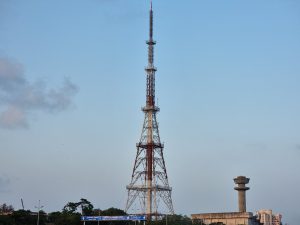



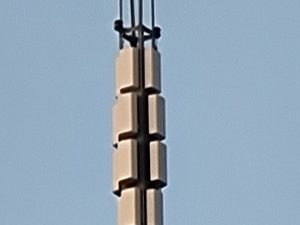

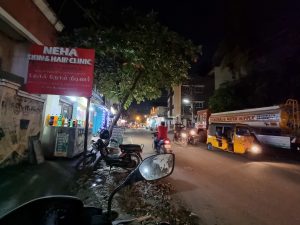
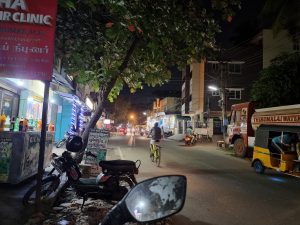
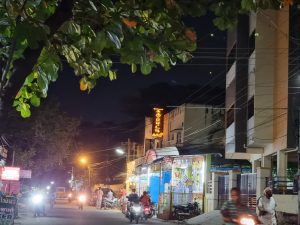
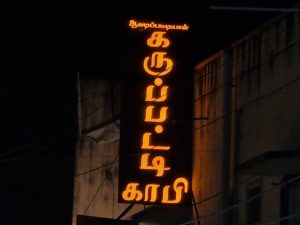
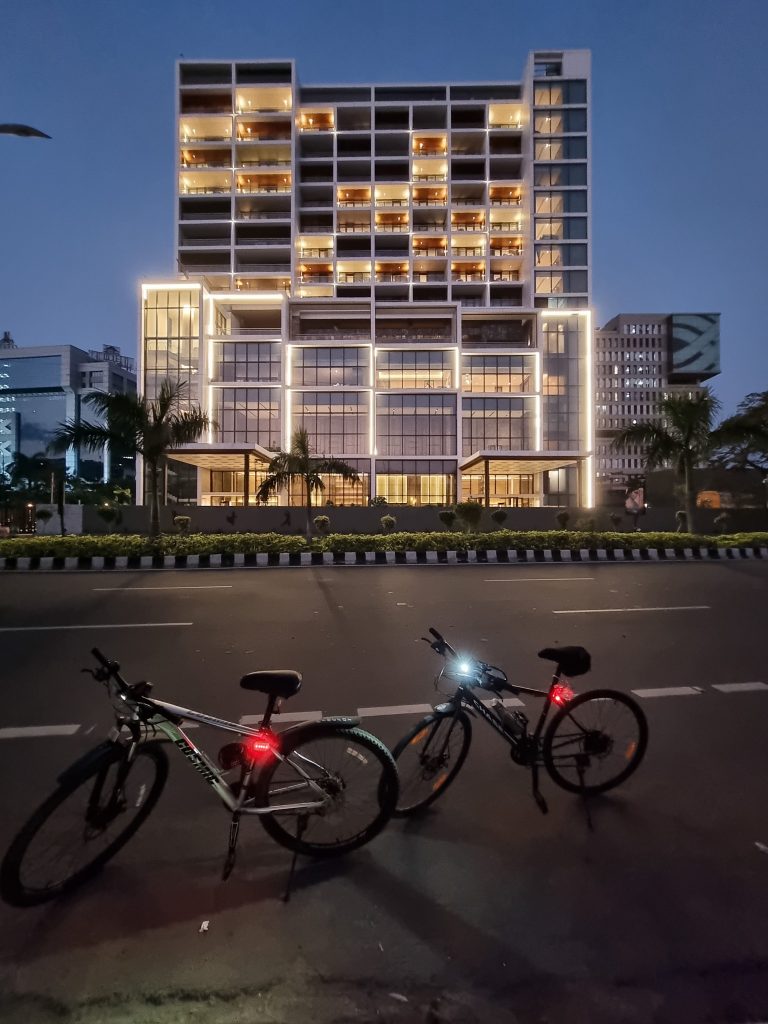


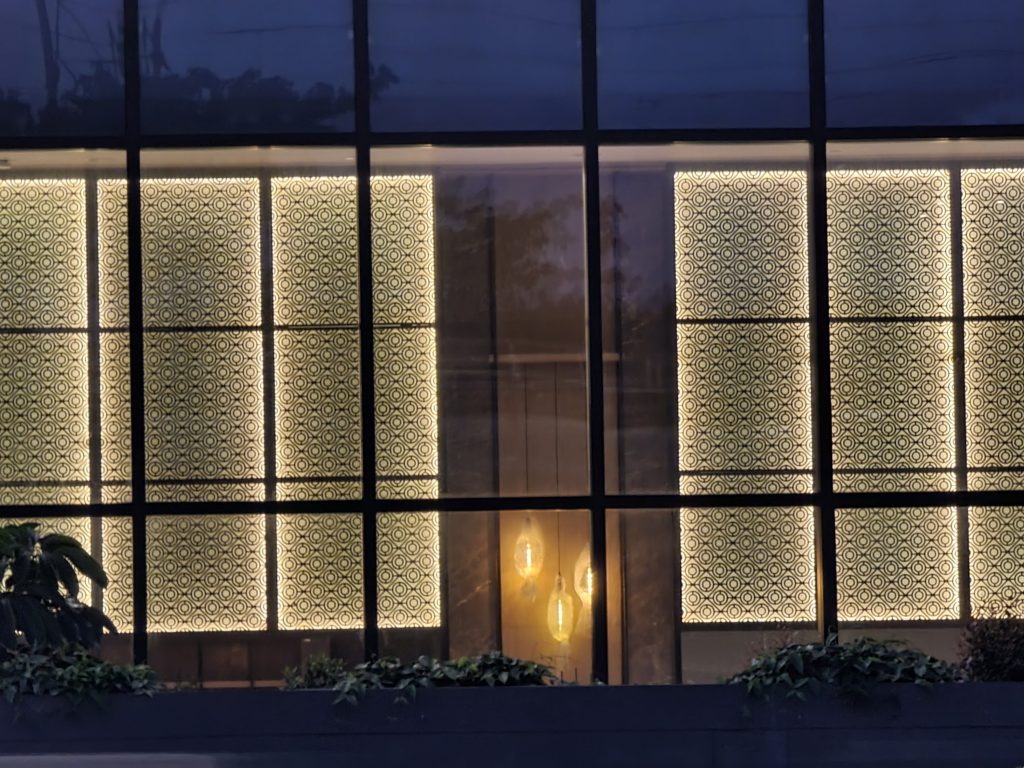
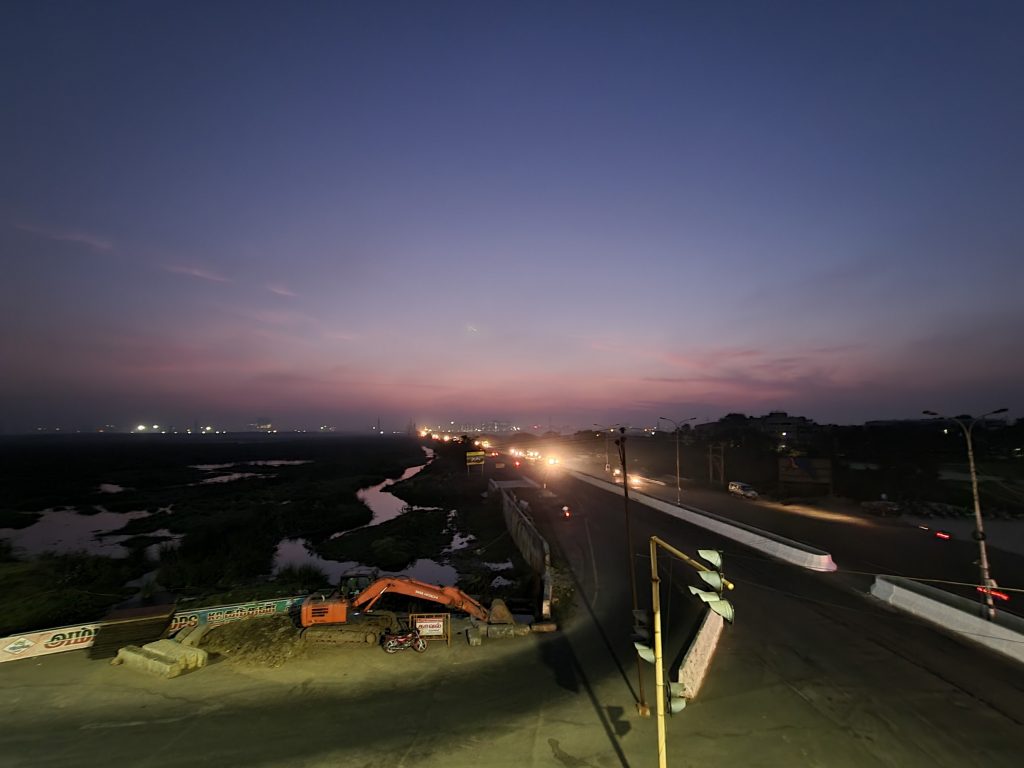


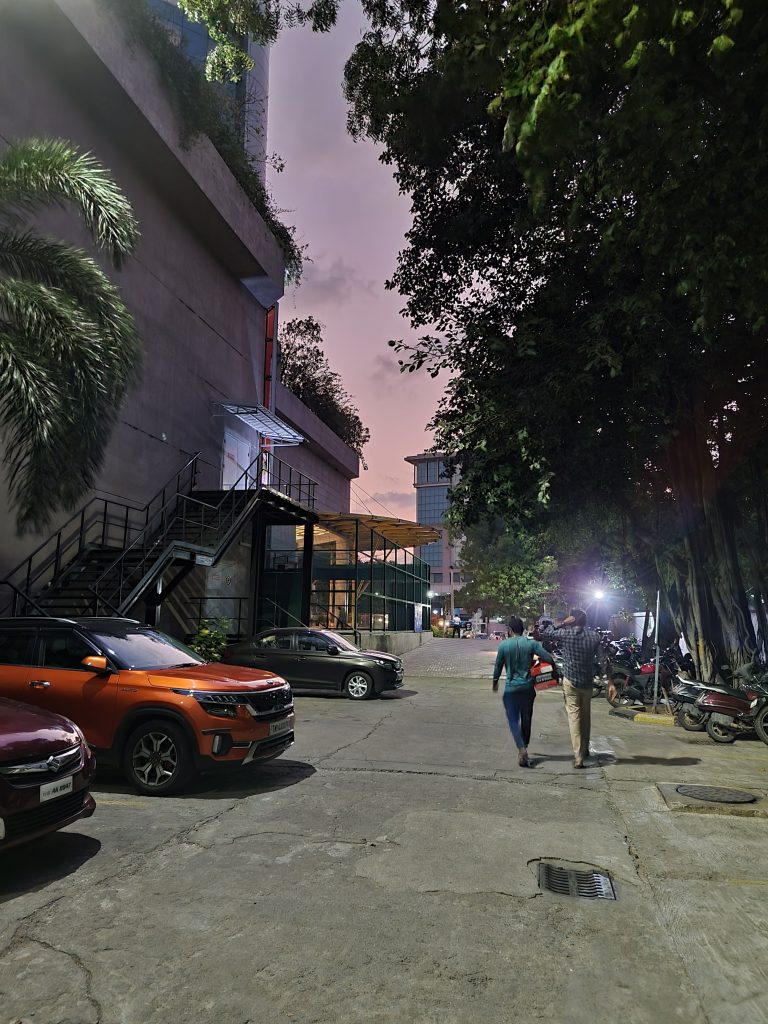


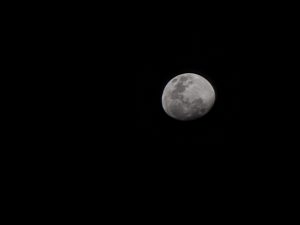

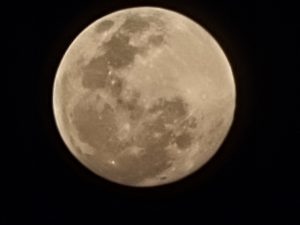

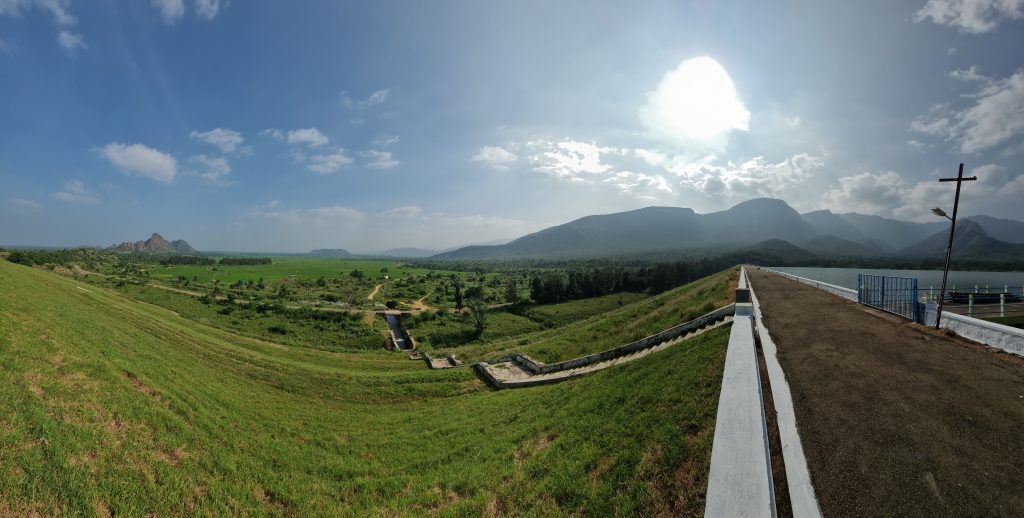





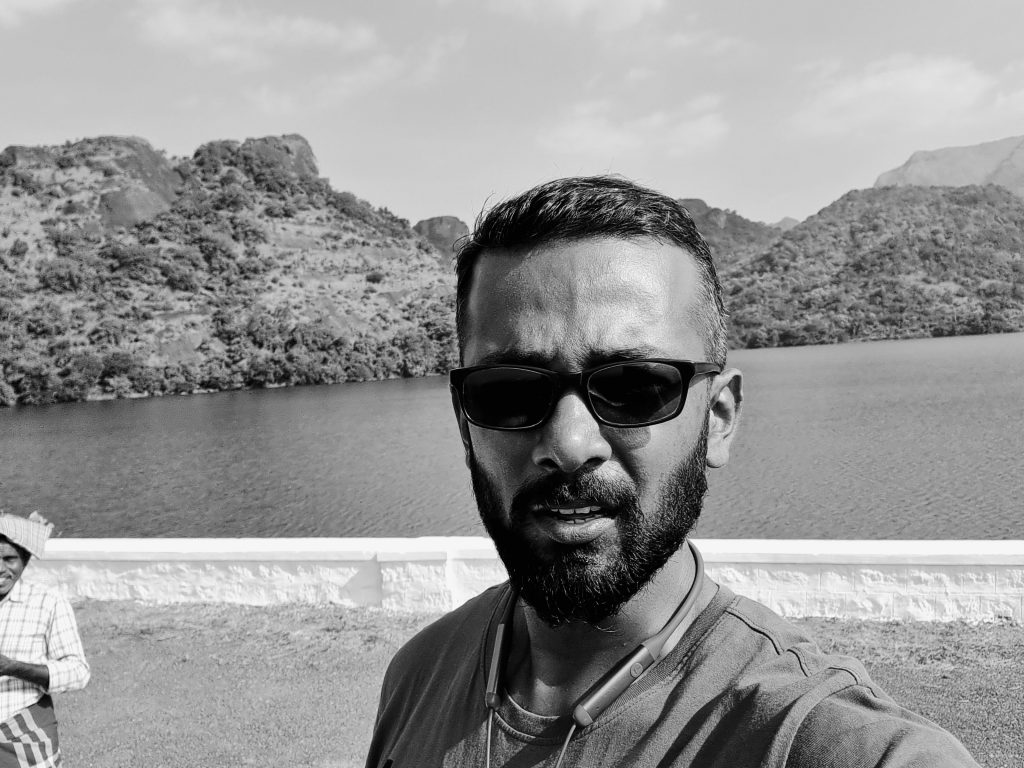
 * More attached to Smartphone
* More attached to Smartphone  * Currently using Pixel 3 & 4a
* Currently using Pixel 3 & 4a & iPhone SE 2
& iPhone SE 2 * Activity trackers he use - Apple watch Series 3 LTE & Amazfit T-Rex
* Activity trackers he use - Apple watch Series 3 LTE & Amazfit T-Rex